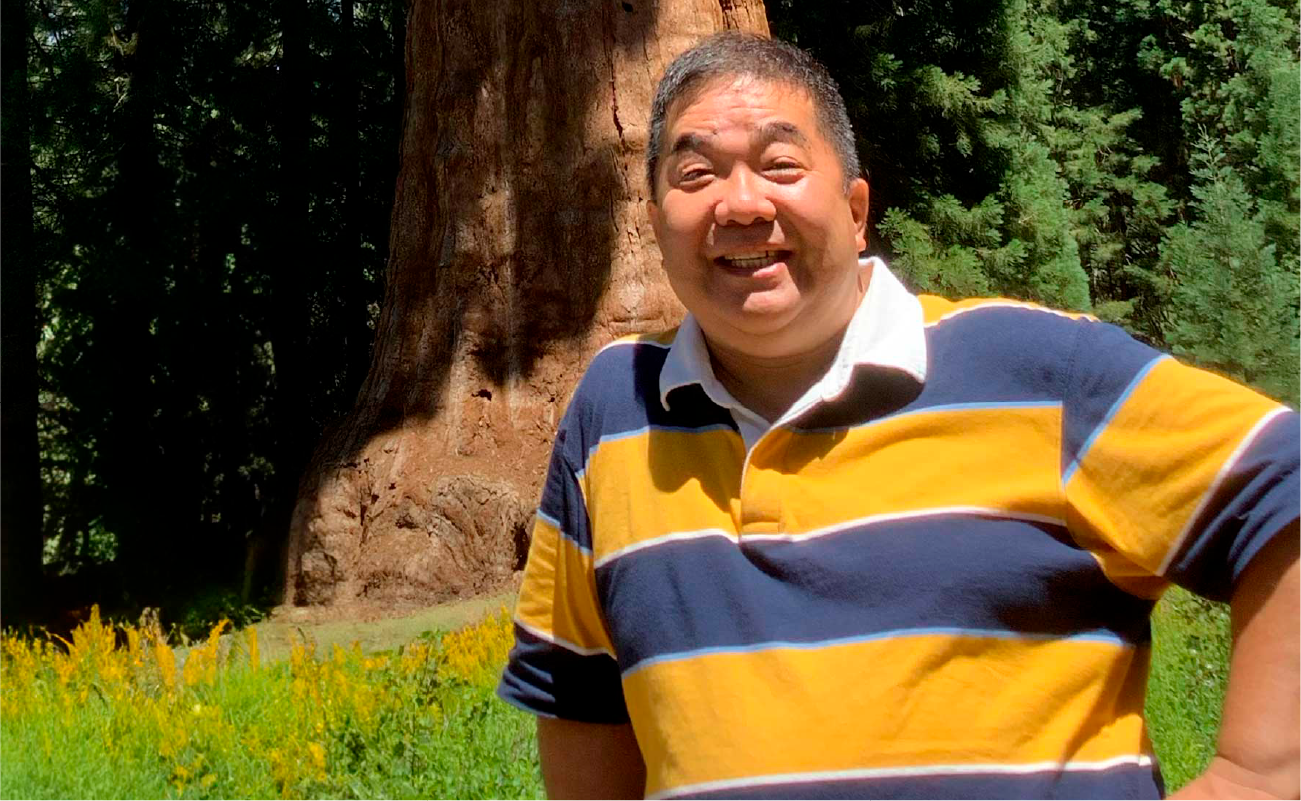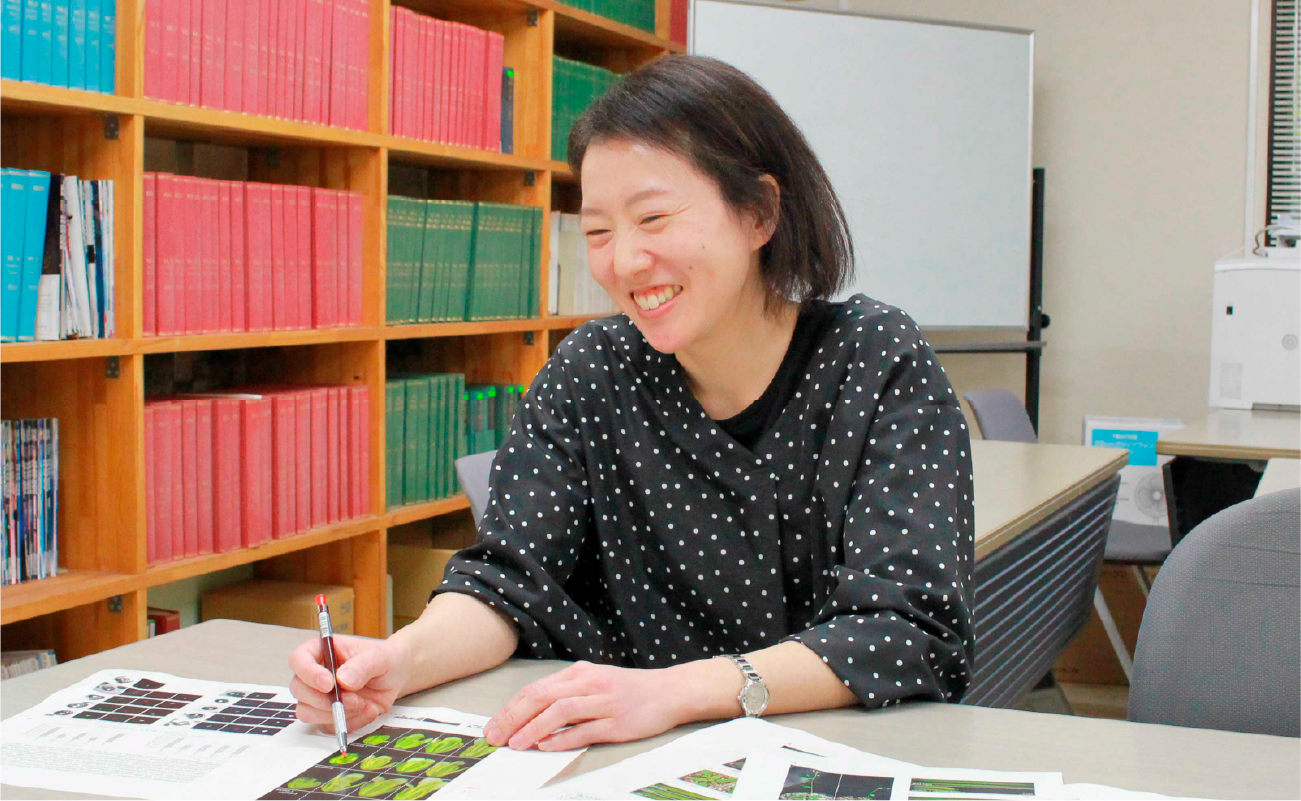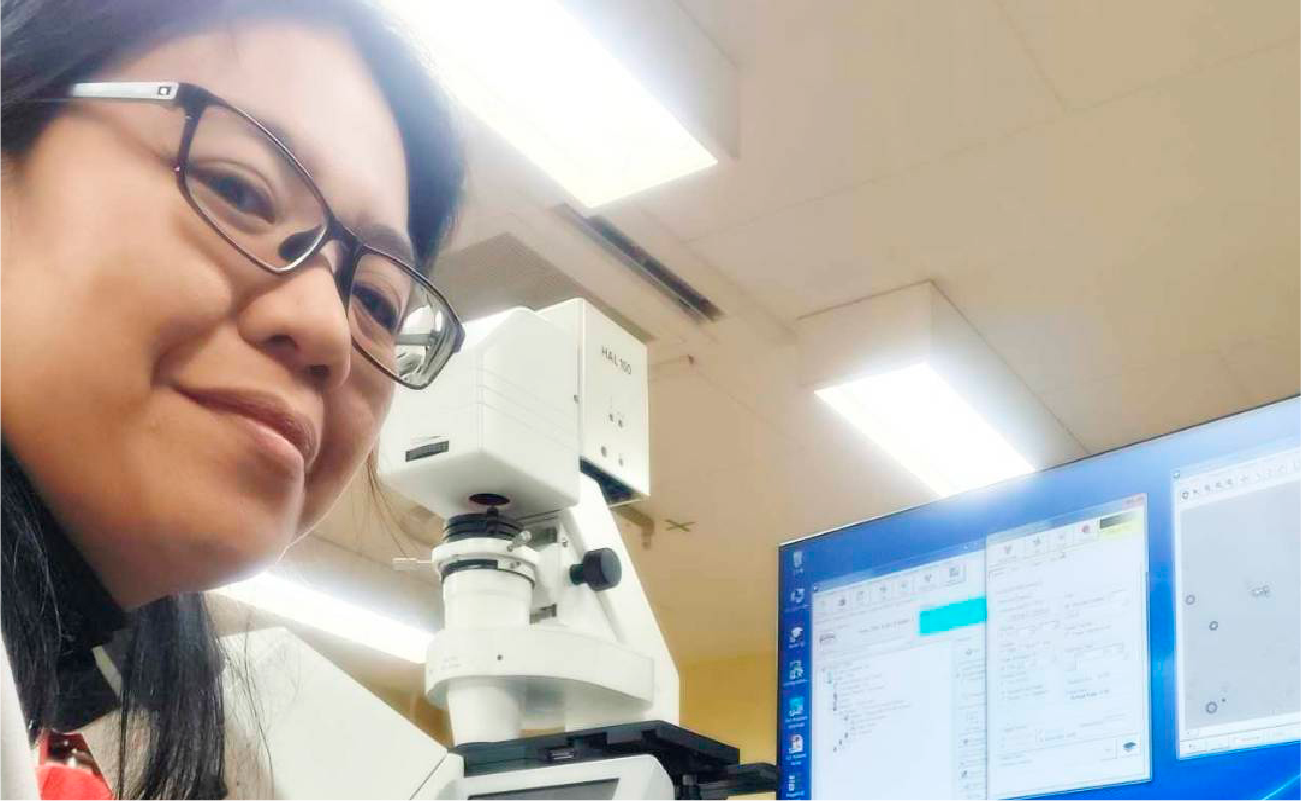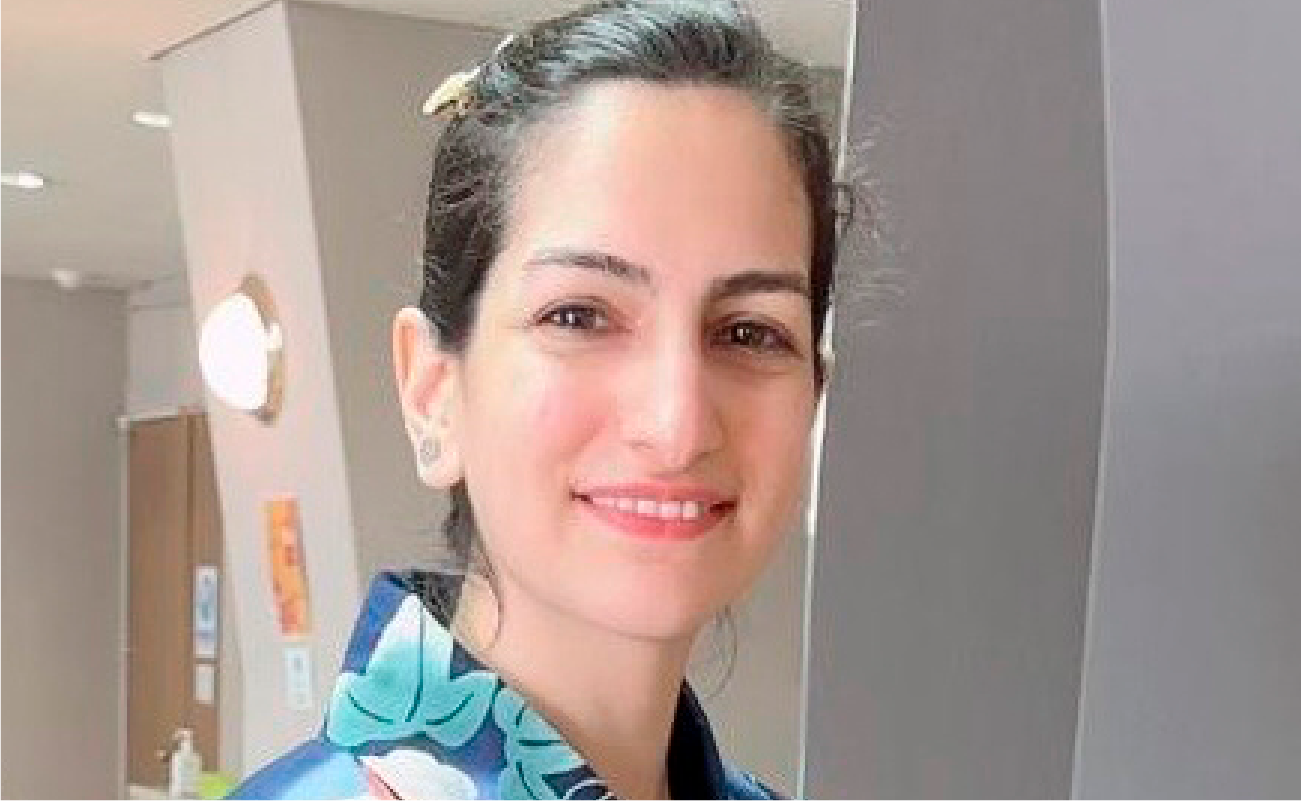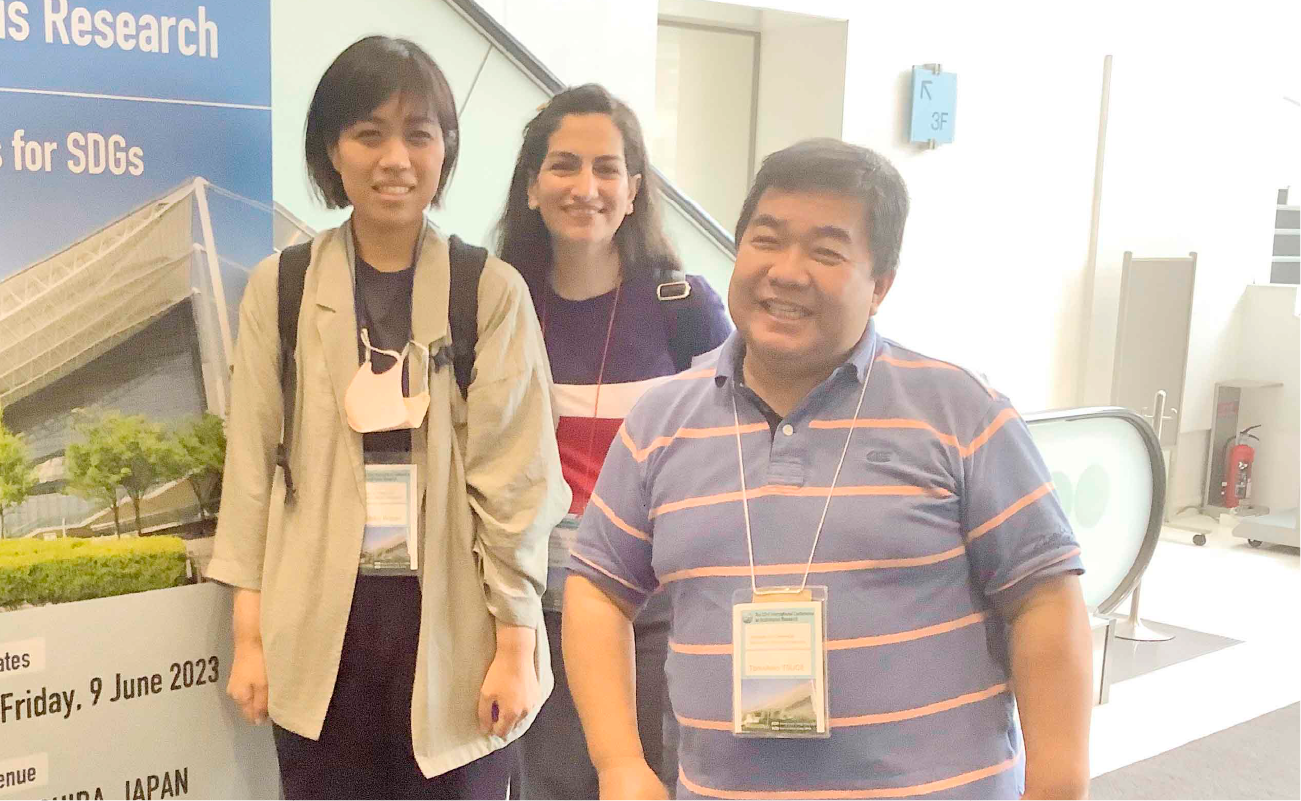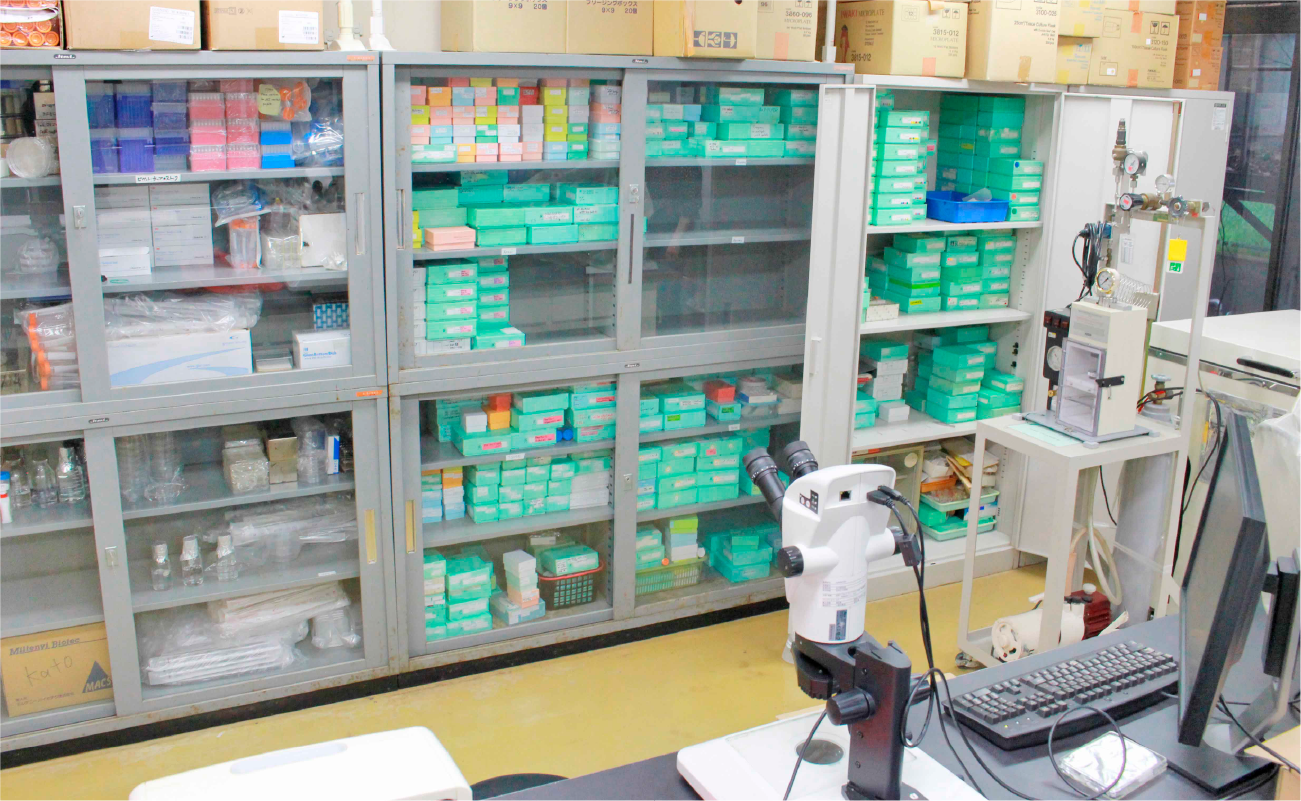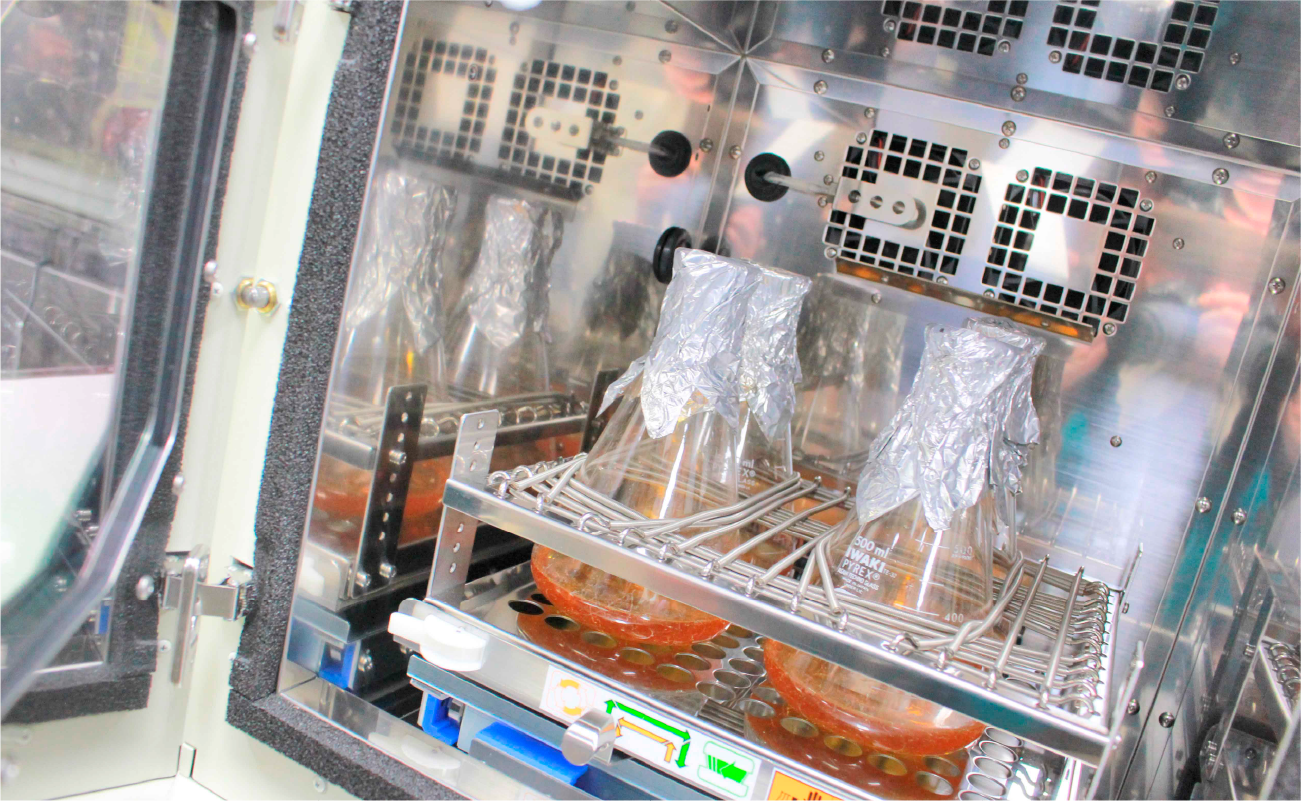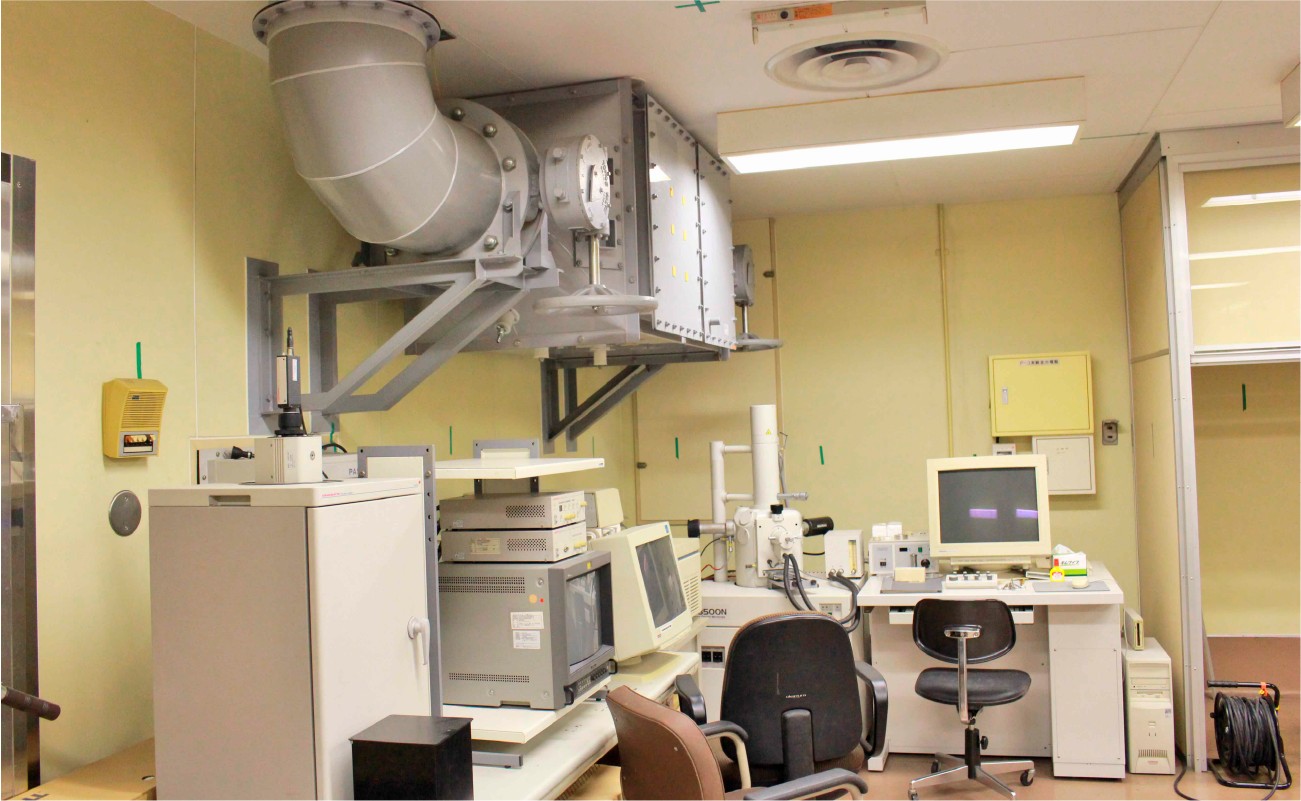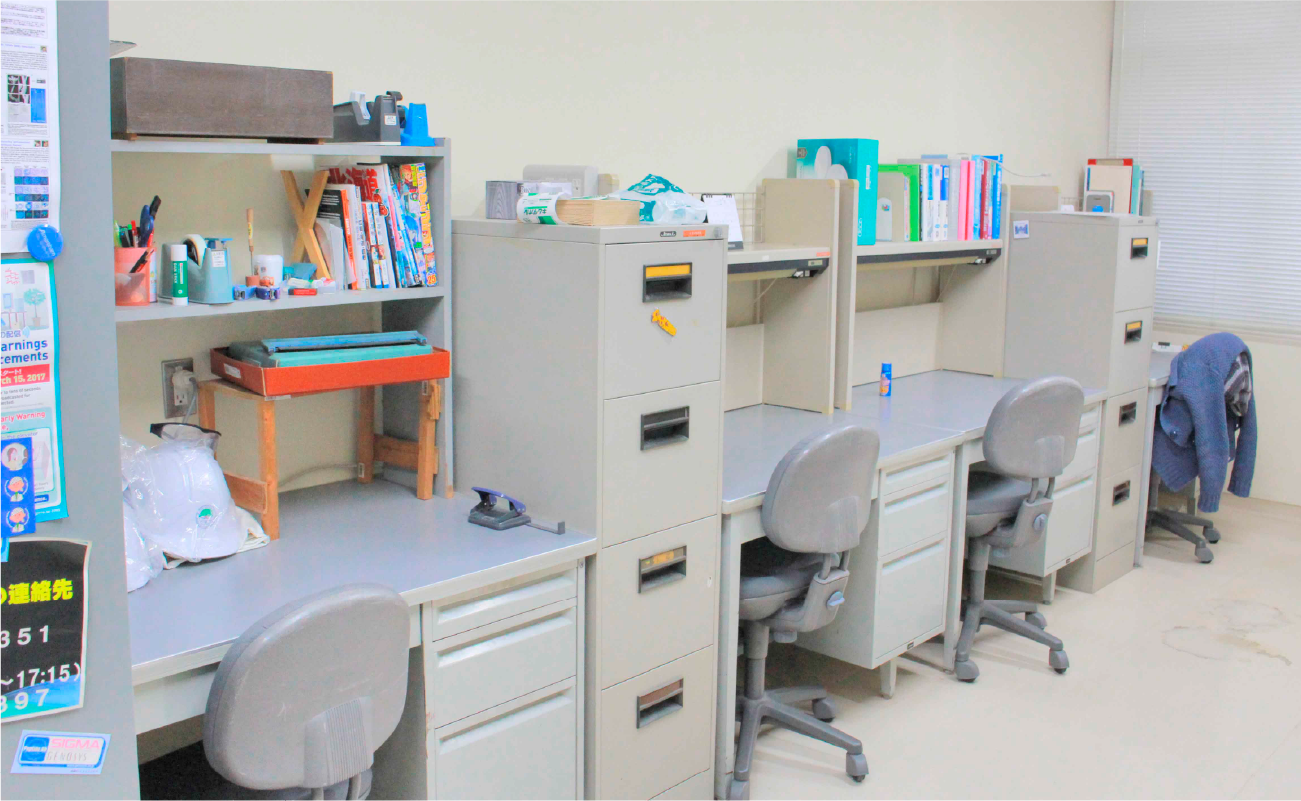Join us!
Most of our graduate students have taken entrance examinations to join us from schools other than Kyoto University. We invite you to join us in our quest to elucidate new “molecular mechanisms” of living organisms through a steady yet efficient research lifestyle. If you have any questions about specific research topics, research environment, or the atmosphere of our laboratory, please feel free to contact us. Laboratory tours and academic counseling are available at any time, on-line or in-person.

Contact *Please convert <at>to @
 Message from the members
Message from the members
 Message from the members
Message from the members
 Entrance examination
Entrance examination
All students in our laboratory are enrolled in the "Biomolecular Information Science" course, Biophysics Department, Biological Science Division in the Faculty of Science, at Kyoto University.
For international applicants, graduate school admission schedule of Kyoto University is here.
Scholarships are available here. Schedule ahead of time!
 About our lab
About our lab
Research environment
Approachable faculty members with flexible supervision.
Location
Location at the Institute for Chemical Research allows interdisciplinary collaborative research. Spacious and cozy lab environment brews novel science with the spice of multi-cultural members. See more in the "Lab tour" page.
Members graduated from:
University of the Philippines Mindanao, Shiraz University, Shanxi University, Ochanomizu University, University of Hyogo, Kumamoto University, Nara Women's University, Kobe University, Osaka City University, Osaka Prefecture University, Kyoto Institute of Technology, University of Tsukuba, Tokyo University of Agriculture, Yokohama National University, Tokyo University of Science, Tokyo University of Agriculture and Technology, Saitama University, Nara Institute of Science and Technology, Ehime University,
After graduation:
National University of Singapore, Nara Institute of Science and Technology, Nagoya University, Maruho Co., TAKII & Co., TransGen Biotech Co., Fukujuen, Hamilton Company Japan, Nestlé Japan, Olympus Co., Kirin Holdings Co., YAMATO NOEN Co., etc.
Collaboration
RIKEN Institute, University of Tokyo, Nagoya University, Nara Institute of Science and Technology, Yamaguchi University, Kyoto Pharmaceutical University, Ochanomizu University, Waseda University, Yale University, Peking University, University of Rome "La Sapienza”, CNR-IBBA, CNB-CSIC, Adam Mickiewicz University, Bielefeld University, University of Cambridge, Georg-August-Universität Göttingen, Dong-A University, University of Amsterdam, Rockefeller University, etc.
History
Established in 1981 carrying a mission to advance nucleic acids research in Japan (MEXT funded facility). We have been frontiers of DNA/RNA research ever since.













